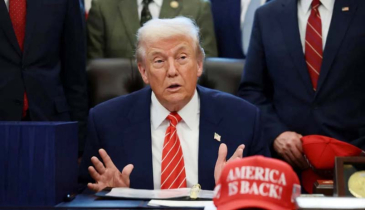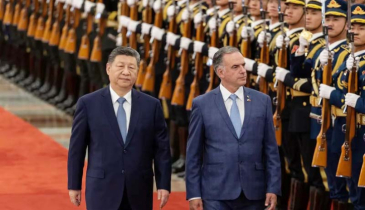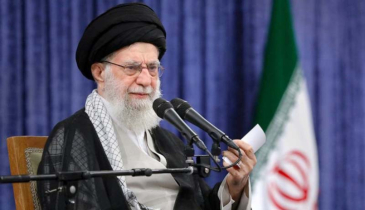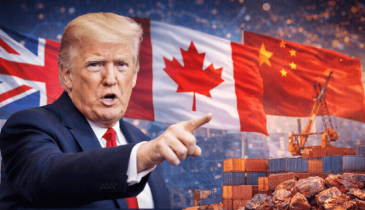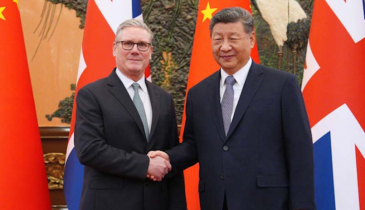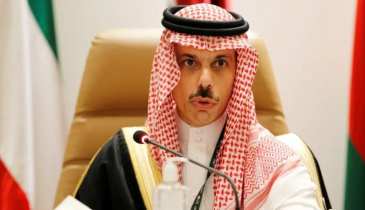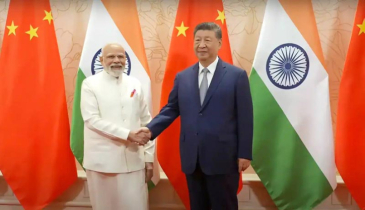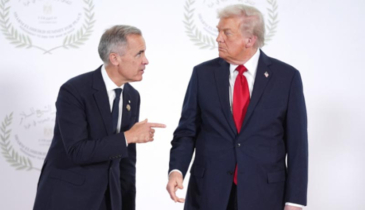World leaders seek to boost trade, Economic cooperation after Trump's ASEAN exit
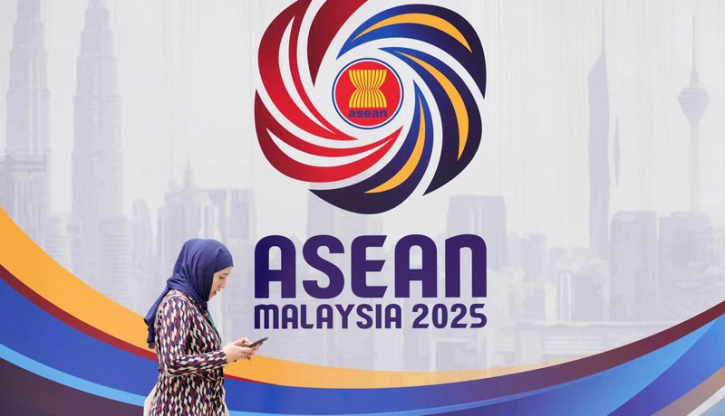
World leaders convened in Kuala Lumpur on Monday to explore new avenues for economic and trade cooperation across Asia and beyond, following the departure of US President Donald Trump from the ASEAN summit to continue his regional tour.
Trump’s visit had already seen a wave of high-level negotiations and agreements. On Sunday, he witnessed the signing of an expanded ceasefire pact between Cambodia and Thailand, alongside four regional trade deals aimed at fostering greater economic stability in Southeast Asia.
However, none of those frameworks immediately eased Washington’s steep tariffs on Cambodia, Malaysia, Thailand, and Vietnam, according to the White House. Officials said potential exemptions could still be negotiated in the coming months.
“Our message to the nations of Southeast Asia is clear — the United States stands firmly with you and intends to be a reliable partner for generations to come,” Trump said before his departure. His remarks came as Washington and Beijing agreed to temporarily pause tariffs in their ongoing trade dispute.
While Trump and US Secretary of State Marco Rubio headed to Japan, high-level discussions continued in Malaysia among Chinese, Brazilian, Canadian, and European officials, alongside leaders of the 11-member ASEAN bloc. The agenda focused on deepening trade integration, addressing supply chain disruptions, and expanding investment in energy and technology sectors.
China’s delegation is expected to advocate for multilateral trade cooperation and regional economic resilience, positioning itself as a stabilizing force amid shifting US trade policies.
The summit also featured a meeting of the Regional Comprehensive Economic Partnership (RCEP) — a China-led trade alliance that includes 10 ASEAN members, Japan, South Korea, Australia, and New Zealand.
Together, RCEP members represent roughly 30% of global GDP, making it the world’s largest trading bloc. Economists suggest the grouping could serve as a critical buffer against potential US protectionist measures and help maintain Asia’s economic momentum in the years ahead.
.png)


